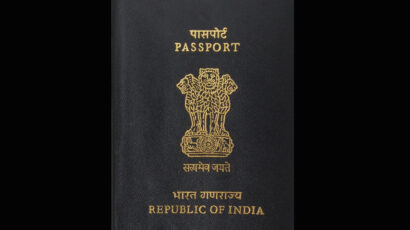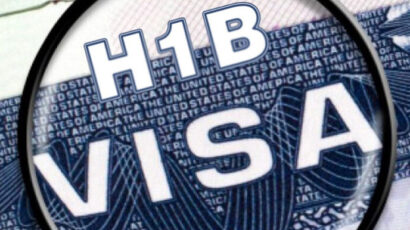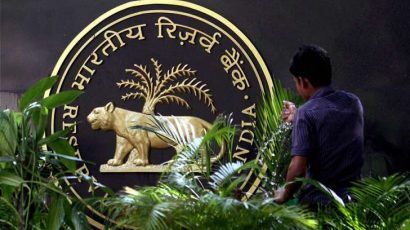India Cancels Mandatory Isolation For Travelers From ‘At-Risk’ Countries Who Test Positive On Arrival

The Indian health ministry on Saturday implemented new international travel guidelines and stated that passengers who tested positive for Covid-19 after arriving from ‘At-Risk’ countries will be treated as per the normal protocol and such passengers will no longer need to be admitted to an isolation facility.
However, as per the new guidelines, these passengers still need to undergo home quarantine for seven days and then get the RT-PCR test done on the 8th day. If tested negative, they have to further self-monitor their health for the next seven days.
For arrivals from at-risk countries, it says: “…if such travelers are tested positive (on arrival), their samples should be further sent for genomic testing at INSACOG laboratory network. They shall be treated/isolated as per laid down standard protocol.”
The other rules and requirements for passengers arriving from ‘At-Risk’ countries remain the same.
Also, as per the revised guidelines, all inbound passengers will now have to submit a self-declaration form and a negative RT-PCR report on the Air Suvidha portal before their journey.
- Submit complete and factual information in a self-declaration form on the online Air Suvidha portal before their scheduled travel, including travel details of the last 14 days.
- Upload a negative Covid-19 RT-PCR report. The test should have been conducted within 72 hours prior to undertaking the journey.
Earlier, the passengers who test positive on arrival from at-risk countries had required to undergo isolation as instructed in the protocol.
The revised guidelines have brought major relief to such passengers as globally there have been scores of cases where people board international flights with mandatory negative reports taken within the required time period and still test positive on arrival at the destination.
“…in view of the changed scenario and new guidelines issued by the health ministry, including on home Isolation, the existing guidelines necessitate a revision,” the revised guidelines say.















